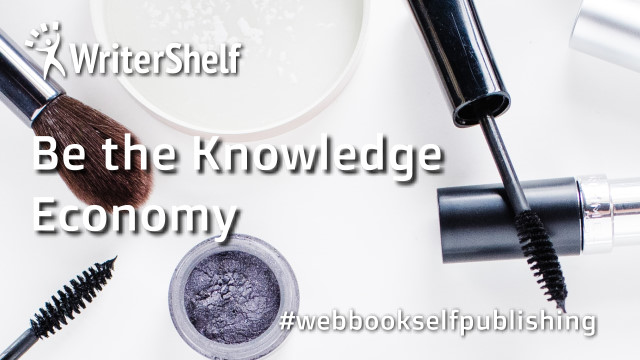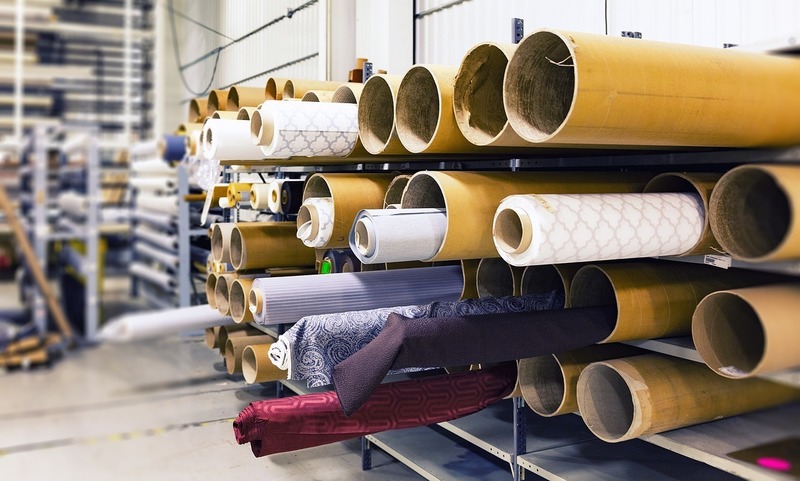How to Vet a Manufacturing Partner
962
0
·
2020/02/02
·
3 mins read
☕
WriterShelf™ is a unique multiple pen name blogging and forum platform. Protect relationships and your privacy. Take your writing in new directions. ** Join WriterShelf**
WriterShelf™ is an open writing platform. The views, information and opinions in this article are those of the author.
Article info
Categories:
⟩
⟩
Tags:
Date:
Published: 2020/02/02 - Updated: 2020/02/03
Total: 729 words
Like
or Dislike
More from this author
More to explore









It’s undeniably more affordable to outsource your product manufacturing to a factory in China or India. But, for most entrepreneurs, it’s difficult to discern which factory is the best fit. Instead of learning how to vet a manufacturing partner, many people rely on a sourcing agent to help navigate the process.
While it’s easy enough to find a manufacturer yourself or through a third party, sourcing agents and factories on Alibaba too often take advantage of entrepreneurs and new businesses that haven’t learned how to vet a manufacturing partner. Working with the wrong factory can lead to huge amounts of waste and costs: defective and poor-quality products, and missed production deadlines, are all too common when working with a factory that hasn’t properly been vetted. Here’s what entrepreneurs need to know about assessing a potential manufacturing partner.
ASK THE RIGHT QUESTIONS
Obviously, the biggest question you will have is the cost: how much the factory will charge to manufacture your product. But cost isn’t the only thing you need to consider. There are plenty of factories out there that will charge pennies – to deliver a product with terrible quality and is virtually worthless. In addition to asking for a price quote, Shopify recommends that you ask these questions to vet a manufacturing partner:
What is your minimum order quantity? Especially with a new product, make sure the minimum order quantity (MOQ) is a manageable amount of inventory. Deadstock is costly; so make sure your MOQ matches your business plan and projections.
What is your sample pricing? The price of a sample ranges dramatically, depending on the supplier. It could be free, discounted, or the full retail price – so make sure to ask upfront.
What is your production pricing? Shopify’s experts recommend that you “ask for pricing for several quantities to get a sense of if and how they do discounted pricing for bulk orders.”
What is your turnaround time? Including the time it takes to ship, how fast can a factory get the product to your business?
What are your payment terms? It’s common for suppliers to ask for new businesses to make the full payment upfront, which is something you should certainly know ahead of time. See if there’s room to negotiate if your relationship goes beyond the first order.
Do you subcontract work to other factories, or is all the work done in-house? This question is a big one: make sure that the factory you are vetting is the one who will be creating your product.
If you’re outsourcing to an overseas company, they are likely to run your email through a translating app. Keep your email short and to the point to make sure that nothing gets lost in translation.
ASK TO SEE THE BUSINESS LICENSE
Reputable manufacturing companies in India, China, and elsewhere will have a business license, and if they can’t show proof of legal incorporation and that they are allowed to export, this is a red flag. Not only can a business license help you ensure quality control, but it also “provides valuable information about the company’s business scope and registered capital,” writes The Next Web.
A company's business scope tells you the purpose of founding the company. For instance, if a company was founded to focus on distribution, then the business is probably not as experienced or reliable in manufacturing. They could be a trader, meaning they outsource to other factories. Likewise, if the company has a small amount of registered capital – i.e., the investment with which the business was founded – that could also be a sign the company a trader. Look for manufacturers that have a large amount of registered capital.
A good manufacturing partner should send you a copy of their business license. If you want to verify the document, check the relevant government website. Alibaba and Globalsources both provide automatic business license verification.
GET REFERENCES FROM OTHER COMPANIES
Perhaps the most critical step in vetting a company is checking reviews from other clients who’ve outsourced to their factory. Ask the manufacturing partner to provide references from other clients. Get in touch with those clients directly to make sure they had a good experience. Ask your manufacturing partner who else they’ve worked with, and to put you in touch with someone at the company who can verify the relationship.
This article is Originally Posted on Gembah